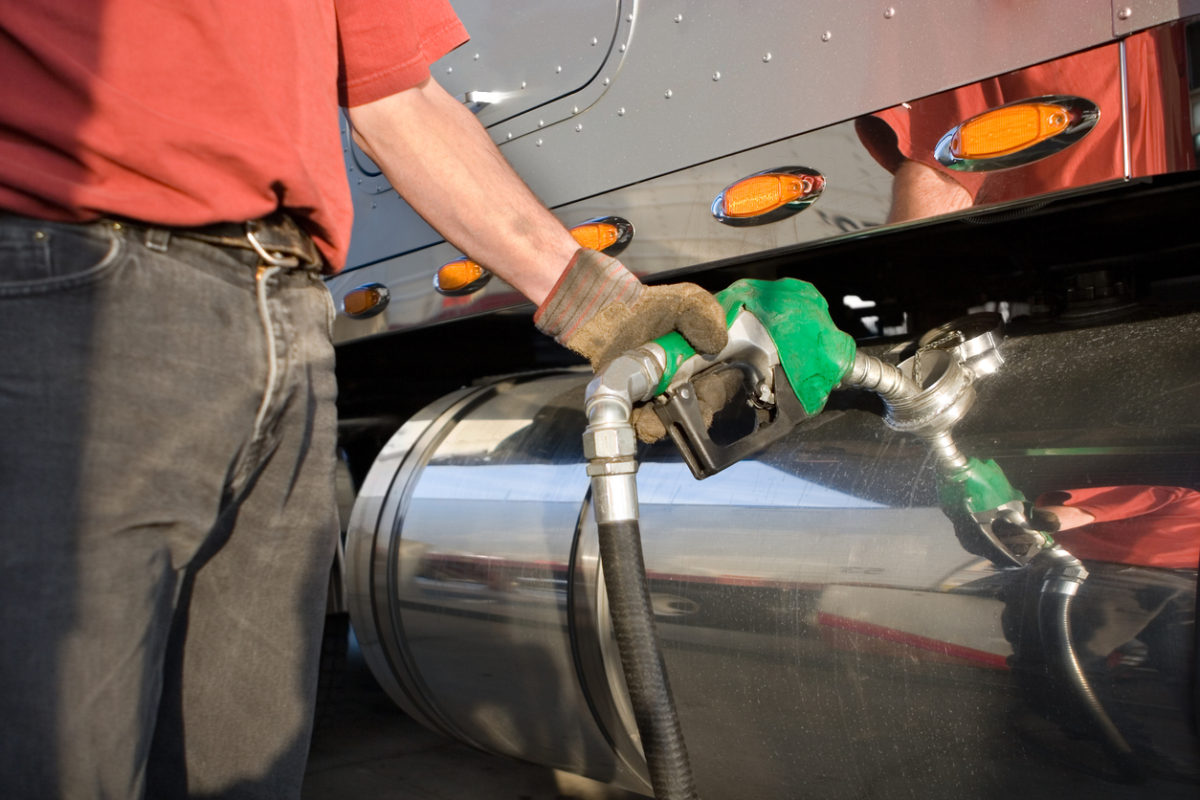It is no secret that the coronavirus pandemic of 2020 has created significant economic hurdles felt across industries. The commercial trucking sector, deemed essential for transporting medical supplies and consumer goods, fared better than most but still faced driver shortages, supply chain interruptions, and economic downturns. The role of trucking insurance in protecting against business-related risks cannot be overstated. Now, as pandemic restrictions are lifted and the economy begins its slow recovery, a new risk is emerging: the threat of gas shortages. Truckers must understand the factors leading to fuel shortages, supplementing the risk management practices that trucking insurance supports.
A Looming Gas Crunch?
For over a year, travel has been restricted across large parts of the United States. People were not allowed to travel or were hesitant to hit the road for fears of viral infection. As COVID-19 vaccines have become available and infection rates are slowing, travel restrictions have been lifted for millions of people.
Transportation industry analysts suggest that travel plans may be hampered this summer due to a looming gas crunch. Gas stations across the country are bracing for supply shortages, potentially putting an end to the travel plans for millions of Americans. The reason behind gas shortages is not a lack of petroleum production, but one of available truckers to haul fuel.
According to National Tank Truck Carriers, the tank truck industry’s advocacy group, driver shortages range from 20-25%. While other transportation sectors have experienced driver shortages due to infection, attrition, and economic factors, qualified tank truck drivers are in short supply. Not every trucker can operate a tanker; tank truck drivers must undergo rigorous training and certification. These additional regulatory hurdles have contributed to shortages of qualified drivers, thus exacerbating the potential for fuel shortages. As the pandemic took hold of the American workforce, driver training schools were closed. The drivers who would now be completing their training and certification are simply not materializing to ease the strain on fuel supply chains.
Trucking insurance is another factor in the driver equation; tank trucking companies are often required to carry additional liability insurance protections, and the costs of those policies are increasing. As a result, many tank truck companies are dialing back services until more drivers are able to transport fuel and insurance issues are resolved.
Fewer Drivers, Higher Prices
One of the ripple effects of a fuel truck driver shortage is the possibility of cost increases at the pump. Demand for gasoline has already reached near pre-pandemic levels, and with the summer travel season fast approaching, demand will skyrocket. Hotel and airline booking are down nearly 20% from the same time in 2019, suggesting that travelers are planning to drive this summer.
These factors can potentially contribute to localized fuel outages. As fuel outages are reported, industry watchers fear this could lead to fuel hoarding, much as the toilet paper shortage in the early part of the pandemic led to panic buying on the part of consumers. With fewer drivers available to transport fuel, and with more people planning to travel this summer, this “perfect storm” may very well lead to a serious fuel crisis.
Federal Help on the Way?
The Federal Motor Carrier Safety Administration (FMCSA) issued a declaration in May 2020 easing regulatory restrictions on essential truck drivers, particularly those who were directly involved in pandemic recovery. These emergency actions do not apply to tank truck drivers, however. At the same time, a federally-managed driver clearinghouse that went active in 2020 identified truck drivers with drug and alcohol violations on their records, effectively negating a potential driver pool of up to 60,000 individuals.
Fuel industry analysts hope that the federal government will step in to streamline new driver certifications. For now, it is unclear which, if any, restrictions on hauling fuel will be lifted. In the meantime, tank truck operators are relying on trucking insurance to protect their interests. In addition, these companies are raising driver wages to encourage recruitment of qualified drivers. The tank truck industry is a critical part of the recovering economy. Without the intervention of the federal government, fuel shortages that occur in the summer months could affect further economic growth well into the fall if industry analysts are correct.
About Western Truck Insurance Services
Western Truck Insurance Services is a commercial truck insurance agency with roots dating back to 1954. We have evolved into a highly respected, professionally managed, truck and transportation insurance brokerage. The hallmark of our organization is our desire to provide unparalleled service. We go way beyond what you expect to receive from an insurance brokerage. Equipped with state of the art automation, Western Truck Insurance can provide you with lightning fast truck insurance quotes, customer service, Insurance certificates, and coverage changes. Contact us today at (800) 937-8785 to learn more!

